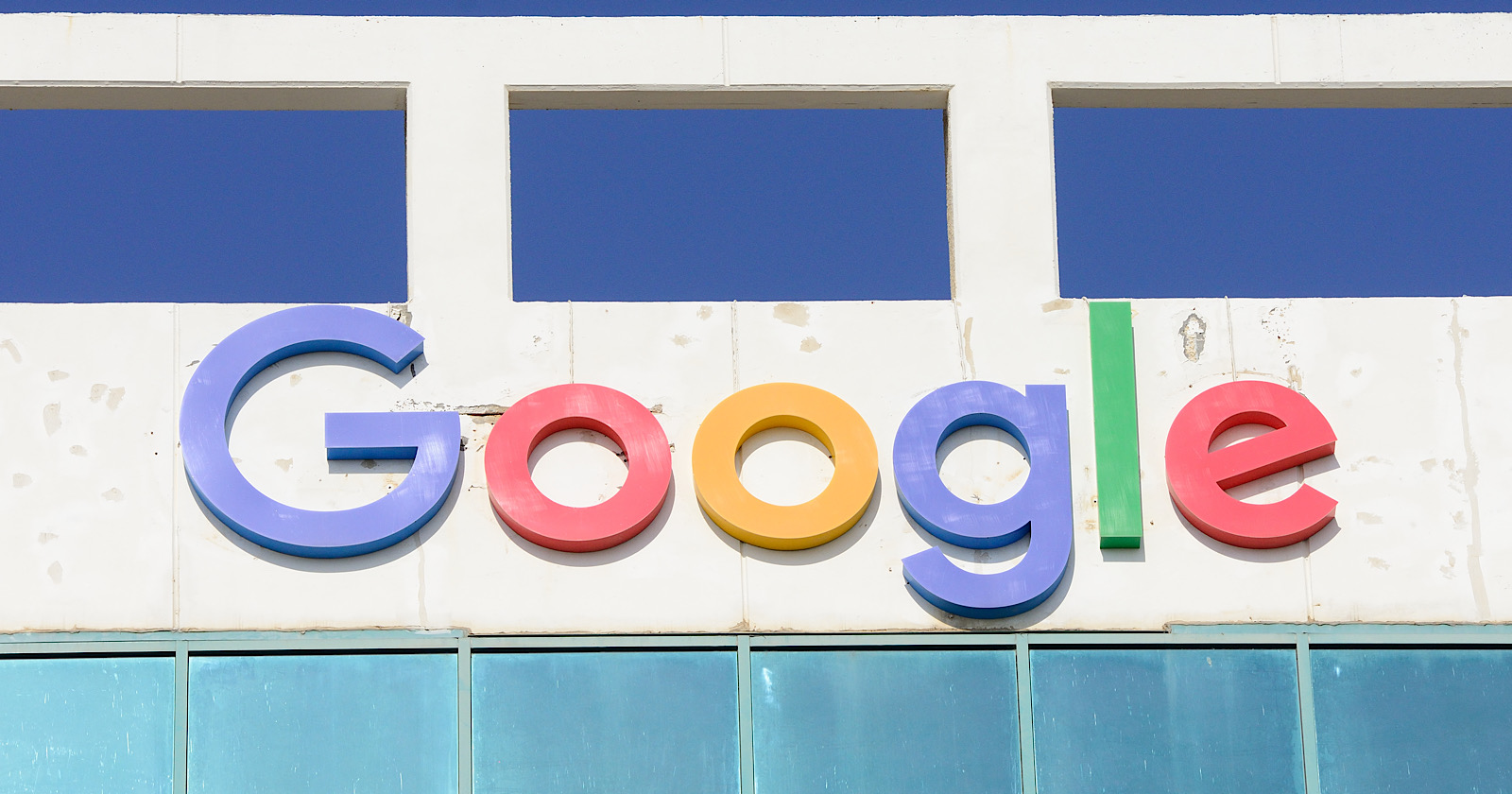Google prefers ranking content from YouTube over other video sources, according to a new report in the Wall Street Journal.
When Facebook and other competitors host a video that also appears on YouTube, Google will allegedly push the YouTube result ahead of others in search results.
The Wall Street Journal claims tests show YouTube ends up first in the Google Search video carousel more often than not.
Further, YouTube results frequently take up most of the slots in Google’s video carousels.
“The Journal conducted Google searches for a selection of other videos and channels that are available on YouTube as well as on competitors’ platforms. The YouTube versions were significantly more prominent in the results in the vast majority of cases.”
If true, a case can be made that Google is engaging in anti-competitive behavior.
However, these allegations are difficult to prove.
Here are more highlights from WSJ’s report, including how it arrived at these conclusions.
Does YouTube Have An Unfair Advantage in Google Search?
The Wall Street Journal is clear about what it’s trying to prove in its report.
“Engineers at Google have made changes that effectively preference YouTube over other video sources, according to people familiar with the matter.
Google executives in recent years made decisions to prioritize YouTube on the first page of search results, in part to drive traffic to YouTube rather than to competitors…”
The Wall Street Journal conducted a test that involved searching Google for titles of selected publishers that had posted nearly identical content to YouTube and a competing video platform.
Here’s what was found to show up most frequently in the first spot of Google’s video carousel.
- YouTube vs. Facebook Watch: YouTube is first 95% of the time versus 5% of the time for Facebook.
- YouTube vs. Twitch: YouTube is first 86% of the time versus 14% of the time for Twitch.
- YouTube vs. Dailymotion: YouTube is first 82% of the time versus 18% of the time for Dailymotion.
Videos on YouTube will even rank first when they receive more views and engagement on other platforms, WSJ finds.
In fact, WSJ deliberately chose content with more engagement on other platforms in an effort to detected “skewed” results in Google search.
“The tests found that video results in a large majority of cases featured YouTube videos ahead of the same or very similar versions of the videos available on competitor sites, even when the actual views and followers were higher on the competitor sites.”
The disparity was particularly evident in comparing results from YouTube against Twitch.
When searching Google for seven of the most popular streamers on Twitch, the video carousel would rank YouTube results in the first position most often.
“Out of a total of 69 carousel slots, Twitch occupied only four,” the report states.
For what it’s worth, user engagement signals such as views and comments are not ranking signals for videos in Google Search. Although the difference in ranking is still worth noting.
What Does This Mean For Marketers?
Again, these claims are all alleged, and Google’s official stance is that it does not give preference to YouTube in search results.
Going strictly off of data gathered by the Wall Street Journal – marketers should strongly consider uploading all videos to YouTube in order to have the best chance of getting them surfaced in search results.
That means if you have a video that went viral on Facebook, for example, also upload it to YouTube if you haven’t already.
Regardless of how much engagement a video receives on other platforms, this report indicates the video will underperform in Google Search unless it’s uploaded to YouTube.
It’s up to video publishers themselves to drive traffic where it would best serve them.
If Facebook is your priority, then it may be helpful adding a disclaimer on YouTube saying: “This video first appeared on our Facebook page. Follow now for similar videos.”
Twitch streamers are exceptionally good at this. It’s rare to find a YouTube video from a Twitch streamer without several calls-to-action to follow them on other platforms.
That’s a sound strategy for all publishers right now, unless Google acknowledges there’s a problem with the video carousel and changes it.
Methodology
The Wall Street Journal conducted tests by searching Google for the exact titles of 98 recent videos on Facebook and Dailymotion that had also been posted to YouTube.
Of the searches, 82 returned a video carousel. The relative placement of results were then compared.
For the Twitch tests specifically, the WSJ searched Google for the handles of the seven most-followed still active on Twitch to bring up their videos.
To carry out these tests, WSJ created computers in the cloud that presented unique IP addresses for each search.
For more details about these tests and how they were conducted, see the full report here.


